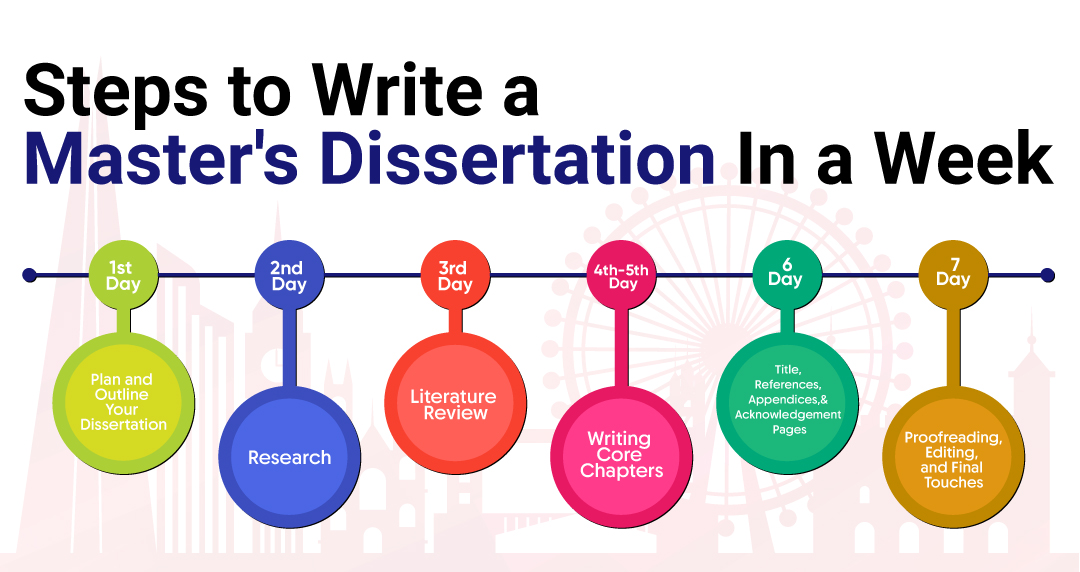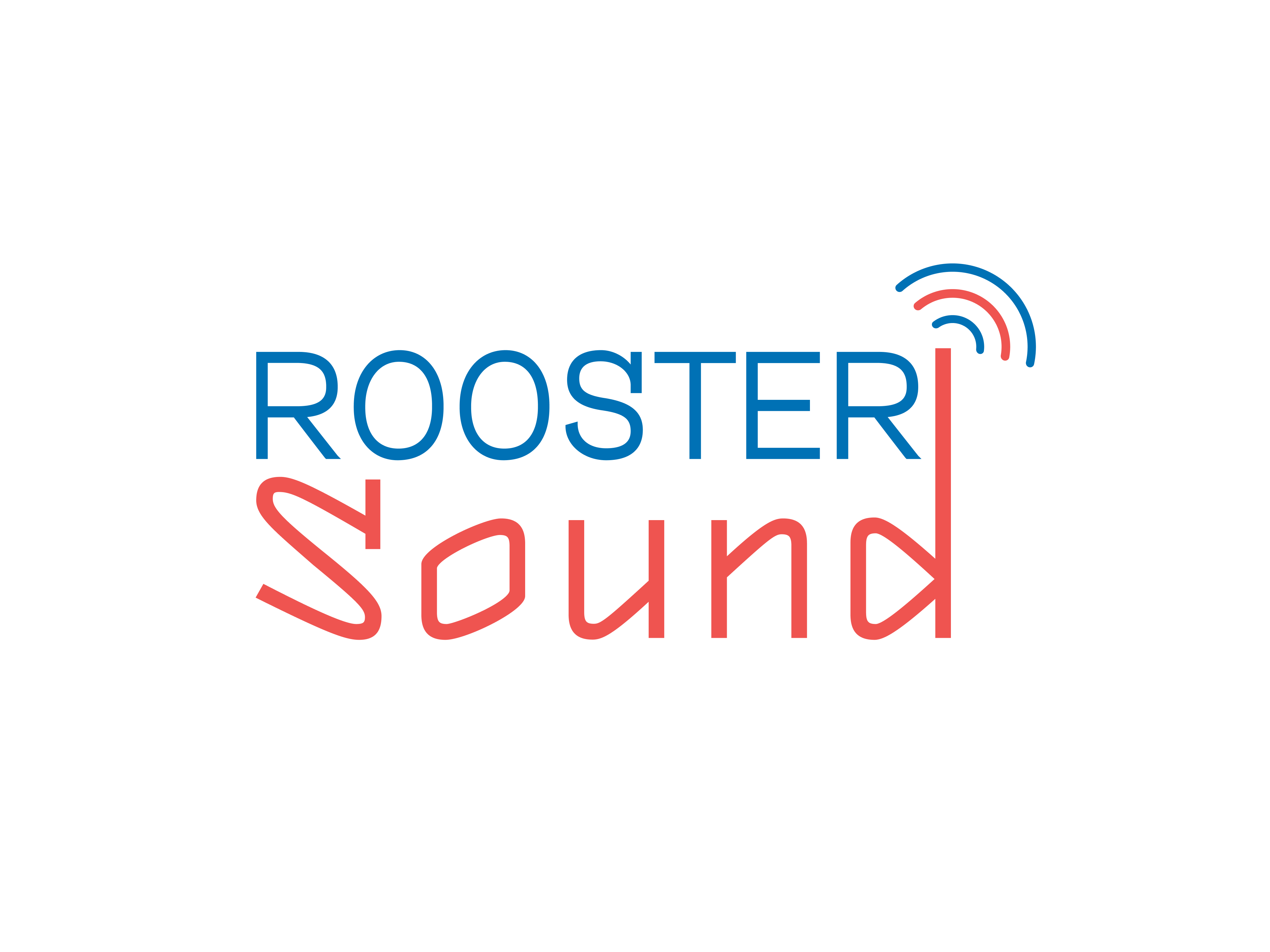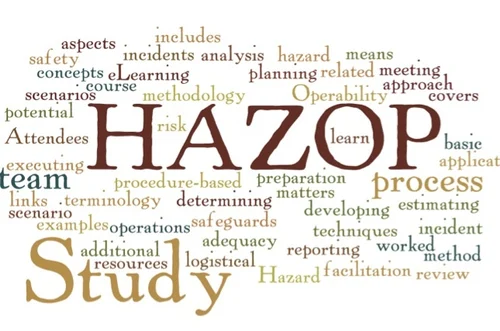How to Choose the Perfect Dissertation Topic for Your Field

Choosing the perfect dissertation topic is one of the most crucial steps in your academic journey. A well-selected topic can make your research process smoother and more enjoyable, while a poor choice can lead to difficulties in conducting research and completing your work on time. This guide will help you identify the ideal dissertation topic based on your field, interest, and available resources.
Why Is Choosing the Right Dissertation Topic Important?
The dissertation is a substantial academic project that requires extensive research, critical thinking, and a structured approach. Selecting the right topic ensures that you:
- Stay motivated throughout the research process.
- Have access to adequate resources and data.
- Can contribute new insights to your field.
- Meet academic and institutional guidelines.
Choosing a topic that aligns with your expertise and future goals is essential for a successful dissertation.
What Factors Should You Consider When Selecting a Dissertation Topic?
1. Personal Interest and Passion
Your dissertation is a long-term project, and maintaining motivation is crucial. Choose a topic that genuinely interests you, as this will keep you engaged during the research and writing process. Ask yourself:
- What subjects within your field do you enjoy studying the most?
- Which issues or challenges do you find intriguing?
- What kind of research do you see yourself working on for months or even years?
2. Relevance to Your Field
Your topic should contribute to the academic field and address current trends or issues. Research recent publications, journal articles, and books to understand ongoing debates and identify gaps in knowledge. Consider:
- Is the topic relevant to current academic discussions?
- Does it align with recent developments in your field?
- Will the research findings contribute valuable insights?
3. Availability of Research Material and Data
Before finalizing your topic, ensure that enough research materials, case studies, and datasets are available. Check academic databases, libraries, and online resources. Conduct a preliminary literature review to determine whether your topic has sufficient background information to support your research.
4. Scope and Feasibility
A well-defined topic should have a manageable scope. Avoid topics that are too broad or too narrow. A broad topic may lack focus, while a narrow topic might not have enough available data. Ask yourself:
- Can I complete the research within the given time frame?
- Do I have access to necessary resources and data?
- Is the topic specific enough to allow in-depth research?
5. Originality and Contribution
Your dissertation should add value to the academic community. While you can build upon existing research, your work should offer a new perspective or insight. Conduct a gap analysis to identify areas where further research is needed. Your topic should:
- Address unanswered questions or underexplored areas.
- Offer a fresh viewpoint or methodology.
- Have the potential for real-world applications.
How to Generate Dissertation Topic Ideas
1. Conduct a Literature Review
A literature review helps you understand existing research and identify gaps in the field. Analyze recent journal articles, conference papers, and dissertations to find areas that require further study.
2. Discuss with Professors and Peers
Your professors, advisors, and classmates can provide valuable insights and suggestions. They can help refine your ideas and suggest potential research questions.
3. Identify a Real-World Problem
Consider practical issues in your field that require solutions. Many groundbreaking dissertations stem from real-world challenges. Look at industry reports, policy papers, and case studies for inspiration.
4. Review Past Dissertations
Analyzing previously written dissertations can help you understand common topics and methodologies. It can also spark new ideas for your research.
5. Follow Current Trends
Keep track of emerging trends in your field by following academic journals, news articles, and research conferences. Trends can guide you toward relevant and impactful research topics.
How to Narrow Down Your Dissertation Topic
Once you have a list of potential topics, use the following steps to refine your choice:
- Evaluate the Research Gap: Choose a topic that fills a knowledge gap or provides a new perspective.
- Assess Feasibility: Ensure the topic is realistic and that you have the necessary resources to complete the research.
- Formulate a Research Question: Convert your topic into a clear, researchable question.
- Test Your Topic: Conduct preliminary research to determine whether the topic is viable.
Examples of Strong Dissertation Topics in Different Fields
Business and Management
- The impact of remote work on employee productivity.
- The role of artificial intelligence in supply chain management.
- Analyzing consumer behavior in e-commerce markets.
Education
- The effectiveness of online learning in higher education.
- The role of parental involvement in student success.
- Strategies to enhance critical thinking in primary school students.
Technology and Computer Science
- Cybersecurity challenges in cloud computing.
- The influence of blockchain on financial transactions.
- The role of AI in personalized education.
Social Sciences and Humanities
- The effects of social media on political awareness.
- The influence of cultural diversity in workplace collaboration.
- Psychological impacts of remote work.
Common Mistakes to Avoid When Choosing a Dissertation Topic
- Selecting a Topic That Is Too Broad or Too Narrow: Ensure your topic has a clear focus and is researchable.
- Ignoring Available Resources: Choose a topic with sufficient literature and data available.
- Failing to Align with Career Goals: Consider how your dissertation topic can benefit your future career.
- Overlooking Supervisor Guidance: Seek feedback from your academic advisor to refine your topic choice.
Final Thoughts
Choosing the right dissertation topic is a crucial decision that impacts your research process and overall academic success. By considering your interests, relevance to the field, availability of resources, and originality, you can find a topic that is both engaging and impactful.
If you need further assistance in selecting, structuring, or writing your dissertation, professional guidance can help streamline the process. You can find expert support for your research by exploring reliable academic resources.
For those looking for dissertation writing guidance, you can explore additional support through Dissertation help in UK. Additionally, if you need academic assistance, visit Do MY Assignment in UK for expert help.
By taking a structured and well-researched approach, you can confidently choose a dissertation topic that aligns with your academic goals and contributes meaningfully to your field.







